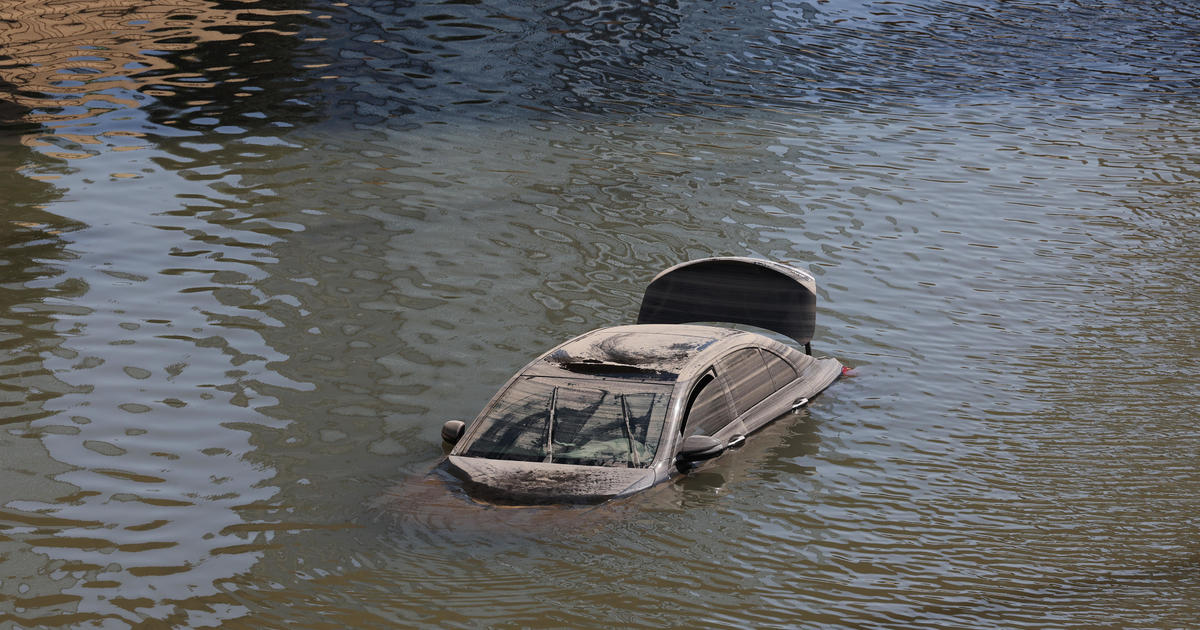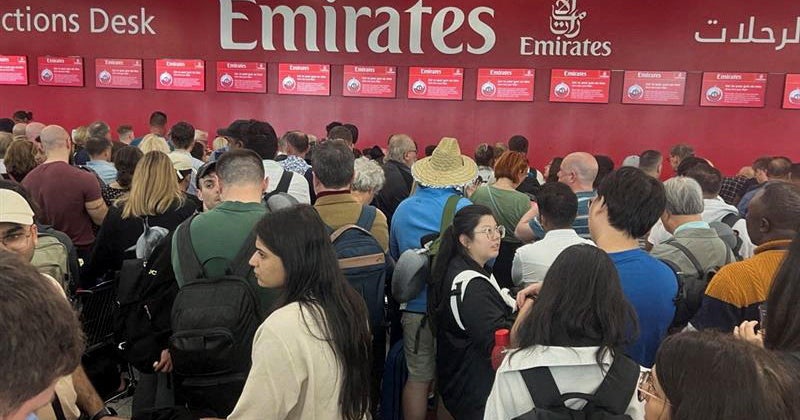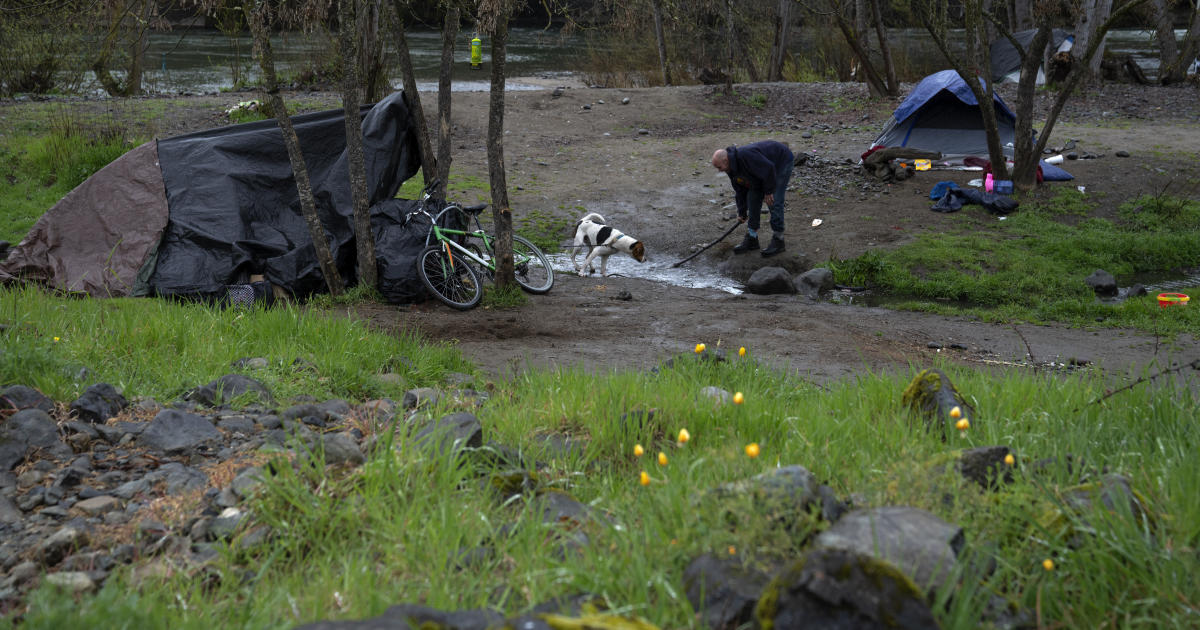Alaska temperatures expected to soar 40 degrees above normal this weekend
"Startling" is a word you don't often hear from an Alaskan meteorologist with over three decades of experience, especially in a place used to wild swings in weather. But this month's warmth in the state is out of bounds, even for Rick Thoman.
The climate expert at NOAA's Alaska Center for Climate Assessment and Policy used the word when stating that the month of March — for Alaska as a whole — will be the 29th month since January 2013 to be ranked in the warmest ten percent since 1925.
And it's likely to get even warmer as we round out the month. On Saturday, villages along the northern coast of Alaska, right on the Arctic Ocean, are expected to spike to 40 degrees Fahrenheit above normal.
"March is now so warm that not only is it certain that this will be the warmest March, but would be warm enough to be in the top 10 Aprils!" Thoman said about the temperatures in Alaska.
At least three cities in the northern half of the state — Deadhorse, Kotzebue and Eagle — are expected to soon shatter records for the largest March departure from normal for any city in the U.S. by the end of the month, according to climatologist Brian Brettschneider.
It should be noted that while temperatures are running 23 degrees above normal in Deadhorse, the average March temperature there is 13 below zero — so the weather is by no means warm. But for residents used to subzero temperatures, an expected high of 35 on Saturday along the northern coast of Alaska will feel balmy.
Weather computer models show the warm streak will last at least another week, if not longer.
The warmth is all part of a rapid, long-term trend in Alaska. In the past 50 years, the city of Barrow on the northern tip of Alaska has seen an 11-degree spike in its average yearly temperature. By comparison, the average global rise in temperature since the late 1800s has been about 2 degrees.
According to the 2018 National Climate Assessment Alaska "is among the fastest warming regions on Earth." It is warming two to three times faster than the rest of the lower 48 states and faces a myriad of issues associated with a changing climate.
"The dramatic warming in recent decades is in a significant part due to the decline in sea ice and ocean warming," Thoman said.
Sea ice acts as a natural refrigerator. When sunlight hits the ice, it bounces directly back into space. That keeps the Arctic cool. In the last 40 years, however, Arctic ice volume has declined by an astounding 50 percent. That exposes darker shaded ocean water, which absorbs more heat. It has become a vicious cycle, fueling a phenomenon known as Arctic Amplification.
This winter has been no exception. Ice cover on the Bering Sea, which separates Alaska from Russia, has been near or below record levels much of the winter. As a result, Alaska is on the front lines of climate change.
Ice loss can be devastating during the stormy fall, winter and springs months. Typically, solid sea ice forms as a barrier protecting coastal communities from monster storms with wicked winds and waves. Recently that solid ice is no longer reliable and when it breaks up, waves come crashing ashore eroding the shoreline, inundating villages and damaging homes.
Another major concern with warming is the melting of permafrost, which destabilizes the ground and damages infrastructure on top if it. The trend is expected to accelerate as the climate warms.
While problematic to residents, melting permafrost also poses a huge problem for the whole planet. Permafrost stores huge quantities of carbon. When melted, methane is released. Since methane is 30 times more potent as a heat trapping greenhouse gas than carbon dioxide, it traps even more heat and accelerates global warming.
The rapid changes have Thoman worried. "Between a rapidly changing environment and lack of societal response, I'm very concerned," he said.
He's worried not just for his beloved Alaska, but also for everyone else. When asked if he had any wisdom for those further south, still waiting on the worst impacts of climate change to hit, he said, "Some impactful changes will not be gradual: tipping points will unexpectedly be crossed and society will then have to respond repeatedly in crisis mode."



